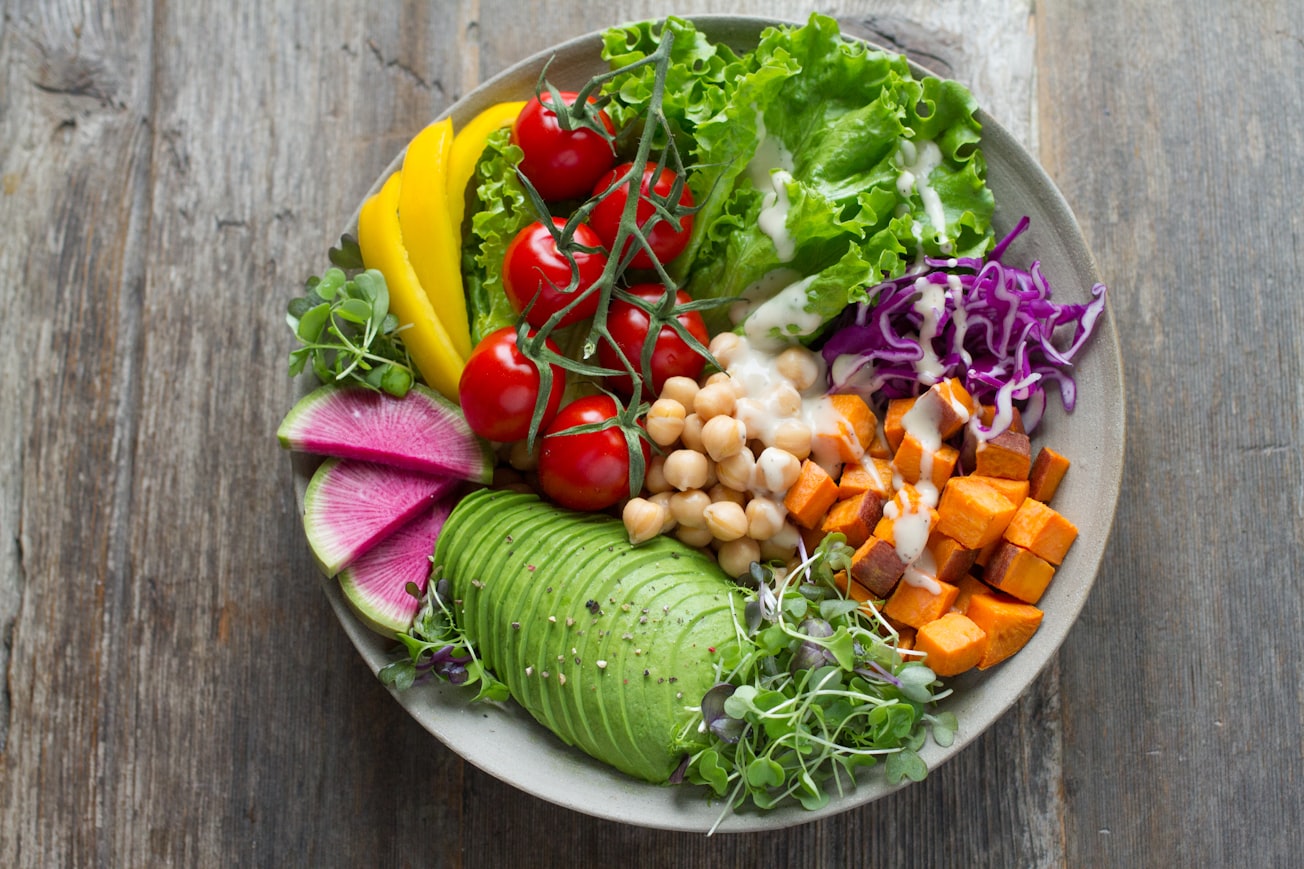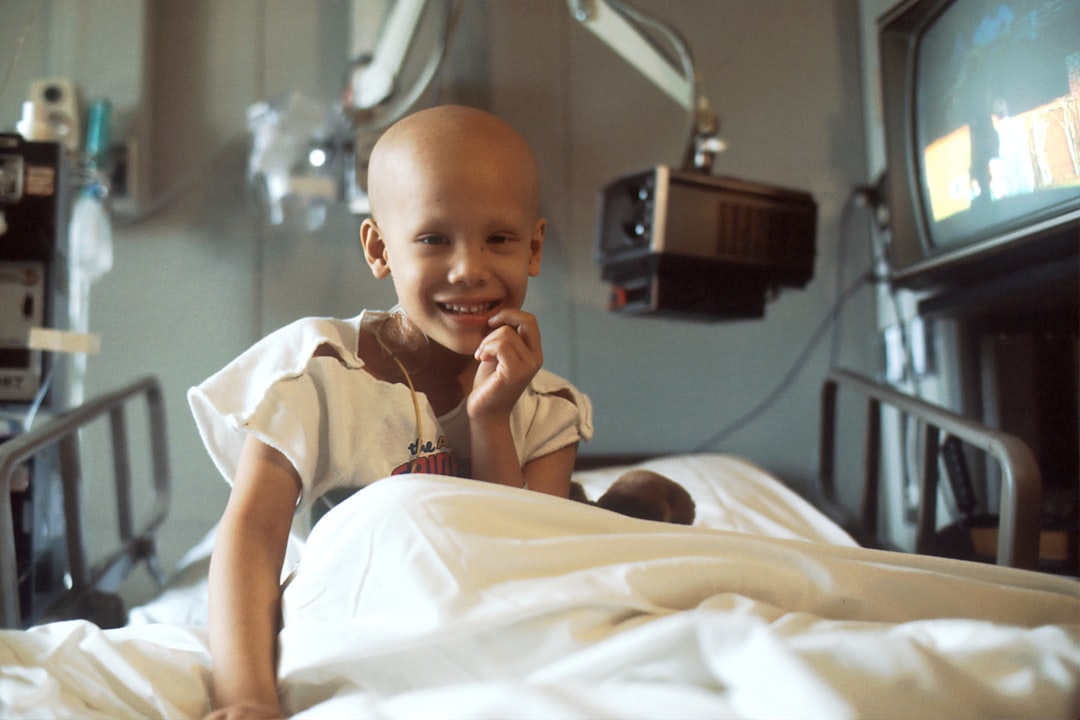What is it about?
The paper proposes a method to predict when a woman will develop breast cancer, based on her lifestyle and health history information. This research uses data from a prospective cohort of over 18,000 women to train a model to predict an individual's Breast-Cancer-Onset (BCaO) probabilities, over all future time points. The authors identified 7 actionable lifestyle features from three aspects: healthy food consumption (orange vegetable, fish, and whole-grain consumption), supplement consumption (selenium and Vitamin E intake), and social support (connection and share index). We anticipate this has the potential to serve as a consultant tool to motivate women to modify these lifestyle behaviors to extend their breast-cancer-free time.
Featured Image

Photo by Anna Pelzer on Unsplash
Why is it important?
Breast cancer is one of the most common cancers affecting women globally, and lifestyle and environment are known to play a significant role in its occurrence. Our approach can lead to a better quality of life and reduced cancer treatment burden by suggesting timely lifestyle changes based on accurate prediction of a woman’s breast cancer onset time from her lifestyle and health history information. Such timely interventions could potentially delay or even prevent breast cancer onset,
Perspectives
The authors believe that self-motivated actions are the most effective prevention strategy to reduce cancer risk. This approach is based on an effective prognostic model for predicting BCaO (Breast-Cancer-Onset time) for healthy women, learned using a large observational dataset. The developed tool can identify specific lifestyle features that each individual woman could change to potentially delay or even prevent the onset of Breast Cancer. The authors hope that their work can help to identify appropriate interventions for individuals, especially those with a higher likelihood of developing breast cancer in their lifetime, to reduce the risk of breast cancer incidence and management.
Shi-ang Qi
University of Alberta
Read the Original
This page is a summary of: Personalized breast cancer onset prediction from lifestyle and health history information, PLoS ONE, December 2022, PLOS,
DOI: 10.1371/journal.pone.0279174.
You can read the full text:
Contributors
The following have contributed to this page










